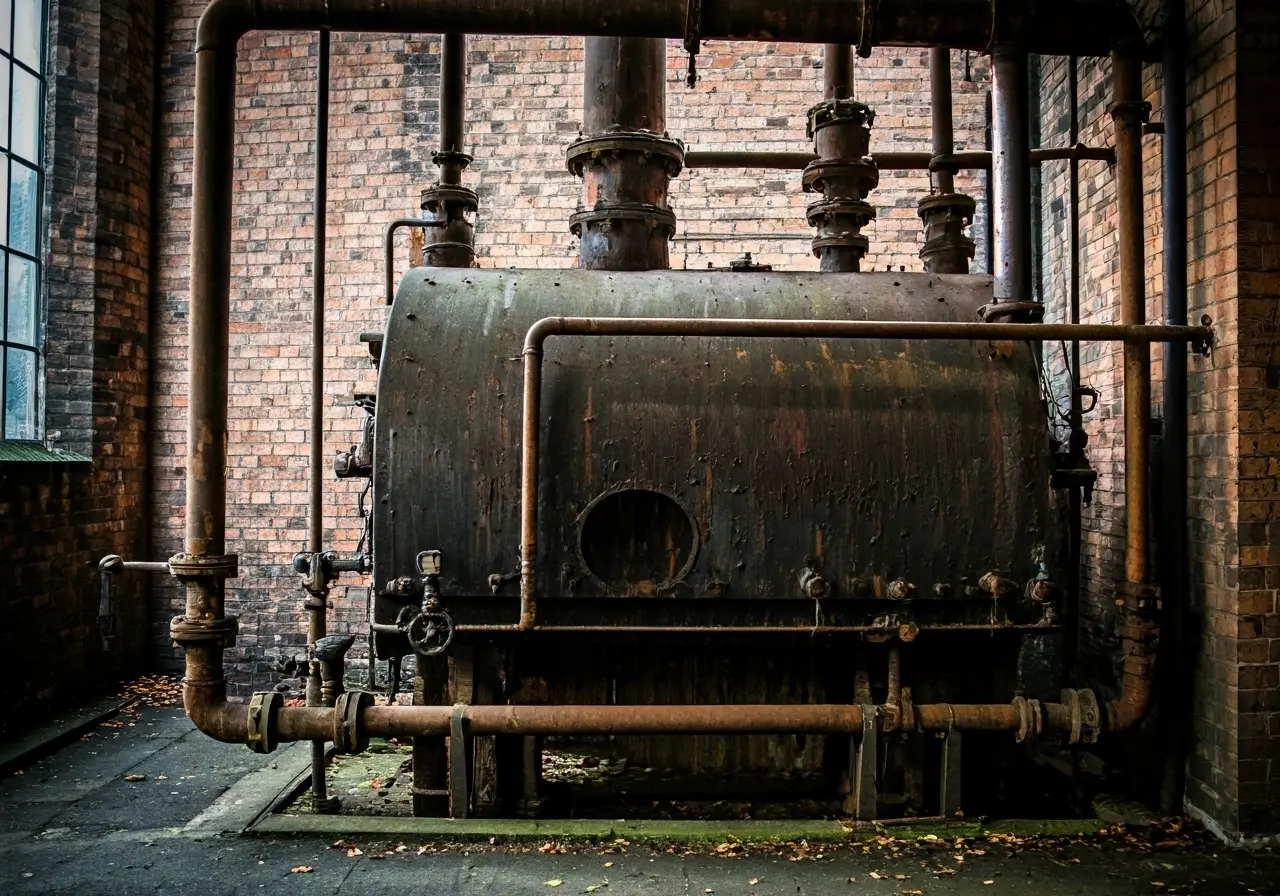In the cozy confines of your Glasgow home, a reliable boiler is essential for comfort during those chilly days. However, like all appliances, boilers can wear out over time. Recognizing the signs of a failing boiler can save you from unexpected breakdowns. Here are some indicators that it might be time for a boiler replacement.
1. Frequent Breakdowns and Repairs
If your boiler is constantly breaking down or you’re calling in repairs more than once a year, it could be a sign that replacement is more cost-effective than continuous repairs.
Repetitive issues can lead to a substantial financial burden over time. Continual service calls are not only a hassle but also a financial strain on household budgets. Opting for a new, more reliable boiler can save you from the unpredictability and frequent costs associated with an aging system.
Moreover, if repair costs begin to exceed the price of a new unit, it’s economically wise to consider a boiler replacement. At this junction, the peace of mind that comes with a modern system’s reliability is invaluable.
2. Increasing Energy Bills
Rising energy bills without an increase in energy usage often indicate your boiler is losing efficiency. Replacing it can be a worthwhile investment in energy savings.
Aging boilers have to work harder to deliver the same amount of heat as before, leading to increased energy consumption. The additional strain contributes to a spike in energy bills, which can often go unnoticed until the financial impact becomes significant.
3. Inconsistent Heat and Hot Water
If your boiler can’t deliver steady heat or hot water, it may no longer be able to meet the demands of your household. A new model can help maintain consistent comfort.
The inconvenience of wavering water temperatures can be frustrating, especially during Glasgow’s colder months. Consistent warmth and hot water are vital not just for comfort, but also for health and wellbeing during chilly seasons.
A new boiler can stabilize these fluctuations, ensuring every shower is comfortably warm and every room is uniformly heated.
4. Odd Noises Coming from the Boiler
Banging, clunking, or whirring noises are usually signs of wear and tear in the boiler’s components. These odd sounds often indicate the need for a replacement.
Such sounds are more than just a nuisance. They signal potential failures within the boiler that could compromise its efficiency or even lead to complete breakdowns.
5. Yellow or Flickering Pilot Light
A healthy pilot light should be a bright blue. If yours is yellow or flickering, it may indicate a malfunction or an issue with carbon monoxide, which requires urgent attention.
The change in color can represent incomplete combustion, which may produce carbon monoxide, a dangerous and harmful gas. Addressing these signs swiftly can protect your home and health.
6. Unusual Smells Around the Boiler
A faint smell may indicate a gas leak or component burning out. Any unusual smells should be assessed immediately for safety reasons.
Ignoring these warning signs can lead to serious consequences, potentially endangering your household. Consulting with a professional to test and resolve these issues is crucial.
7. Age of the Boiler Exceeding Ten Years
Boilers typically have a lifespan of ten to fifteen years. If yours is over a decade old, it may be time to research newer, more efficient models.
Older models not only lack the efficiency of modern designs but can also be harder to service due to the decreasing availability of parts. Investing in a newer system can enhance your home’s energy efficiency and reduce potential repair costs.
8. Frequent Leaks
Constant leaks are not only inconvenient but also suggest serious internal failures. Persistent leaks may necessitate a full replacement rather than a simple repair.
Water leaks, if left unchecked, can lead to more significant water damage, affecting not just the boiler but your home overall. Safety and integrity of surrounding structures might be at risk without timely replacement interventions.
9. Radiators Taking Longer to Heat
If it takes an age for your radiators to heat up, this could be a clear indicator that the boiler is no longer functioning efficiently and needs replacing.
An inefficient boiler will struggle to circulate hot water swiftly, causing prolonged waiting periods for your home to warm up. This can lead to discomfort and potential health impacts during the harsh winter months.
10. Regular Pilot Light Extinguishing
If the pilot light keeps going out, it could indicate a fault within the boiler which may require a look into getting a replacement.
Frequent outages of the pilot light can stem from a variety of issues such as a broken thermocouple or a compromised gas valve, necessitating immediate assessment by a qualified professional.









